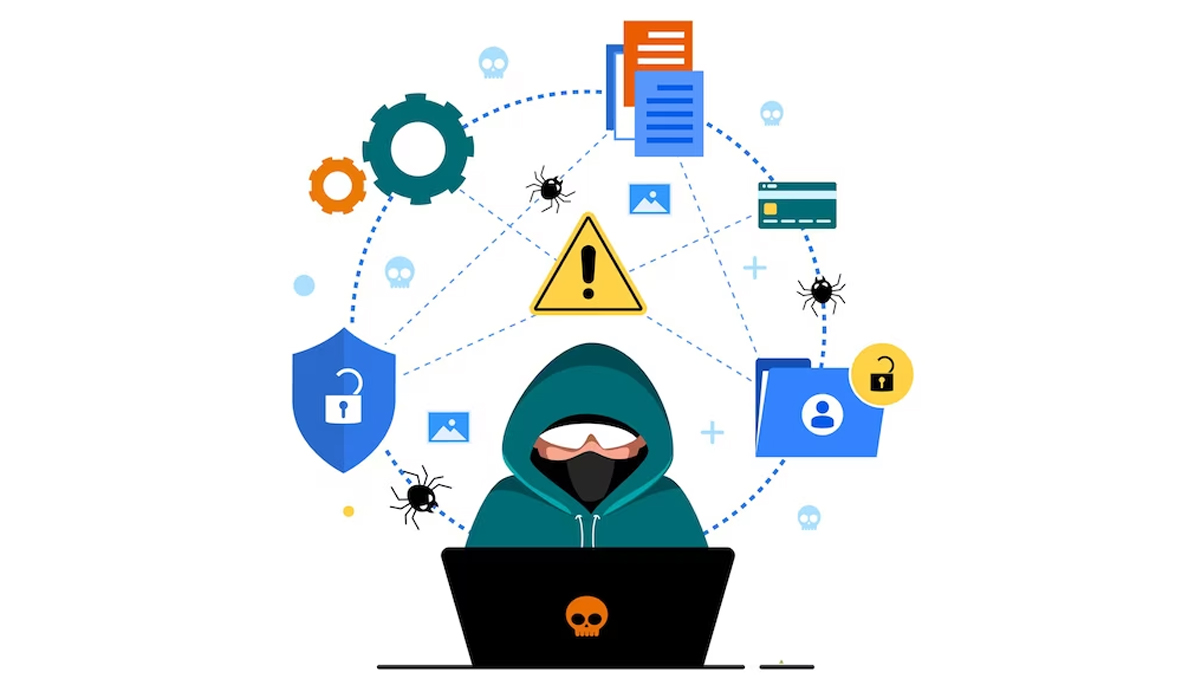This information can include sensitive data such as login credentials, personal information, or browsing habits.
Here are some reasons why an Anti-Spyware Declaration might be needed:
- Protecting Privacy: Spyware infringes on the privacy of individuals and organizations by collecting and transmitting sensitive information without consent. An Anti-Spyware Declaration underscores a commitment to protecting user privacy and ensuring that software does not engage in unauthorized data collection.
- Building Trust: Software developers and organizations that handle user data need to establish and maintain trust with their users. By publicly declaring their stance against spyware, they demonstrate their commitment to ethical practices and user security, which helps build trust among their user base.
- Legal Compliance: Many jurisdictions have laws and regulations governing the collection and use of personal data. An Anti-Spyware Declaration can serve as a public acknowledgment of compliance with these laws and a commitment to ethical data handling practices.
- Cybersecurity Measures: Spyware often represents a security threat, as it can be used for malicious purposes such as identity theft, financial fraud, or corporate espionage. By making an Anti-Spyware Declaration, organizations signal their dedication to cybersecurity and protecting their users from potential security breaches.
- Industry Standards: The technology industry often establishes best practices and standards for software development and cybersecurity. An Anti-Spyware Declaration aligns with these industry standards, promoting a unified effort to combat spyware and enhance the overall security landscape.
- Educating Users: Making an Anti-Spyware Declaration can be an opportunity to educate users about the risks associated with spyware and how they can protect themselves. It encourages users to be vigilant and take measures to ensure their online security.
- Promoting Responsible Software Development: The declaration can promote responsible software development practices by discouraging the inclusion of spyware or any other form of malicious software in applications. This contributes to a healthier digital ecosystem where users can trust the software they use.
In summary, an Anti-Spyware Declaration is needed to demonstrate a commitment to user privacy, build trust, comply with legal requirements, enhance cybersecurity measures, adhere to industry standards, educate users, and promote responsible software development practices. It is a proactive step towards creating a secure and trustworthy digital environment for users.
